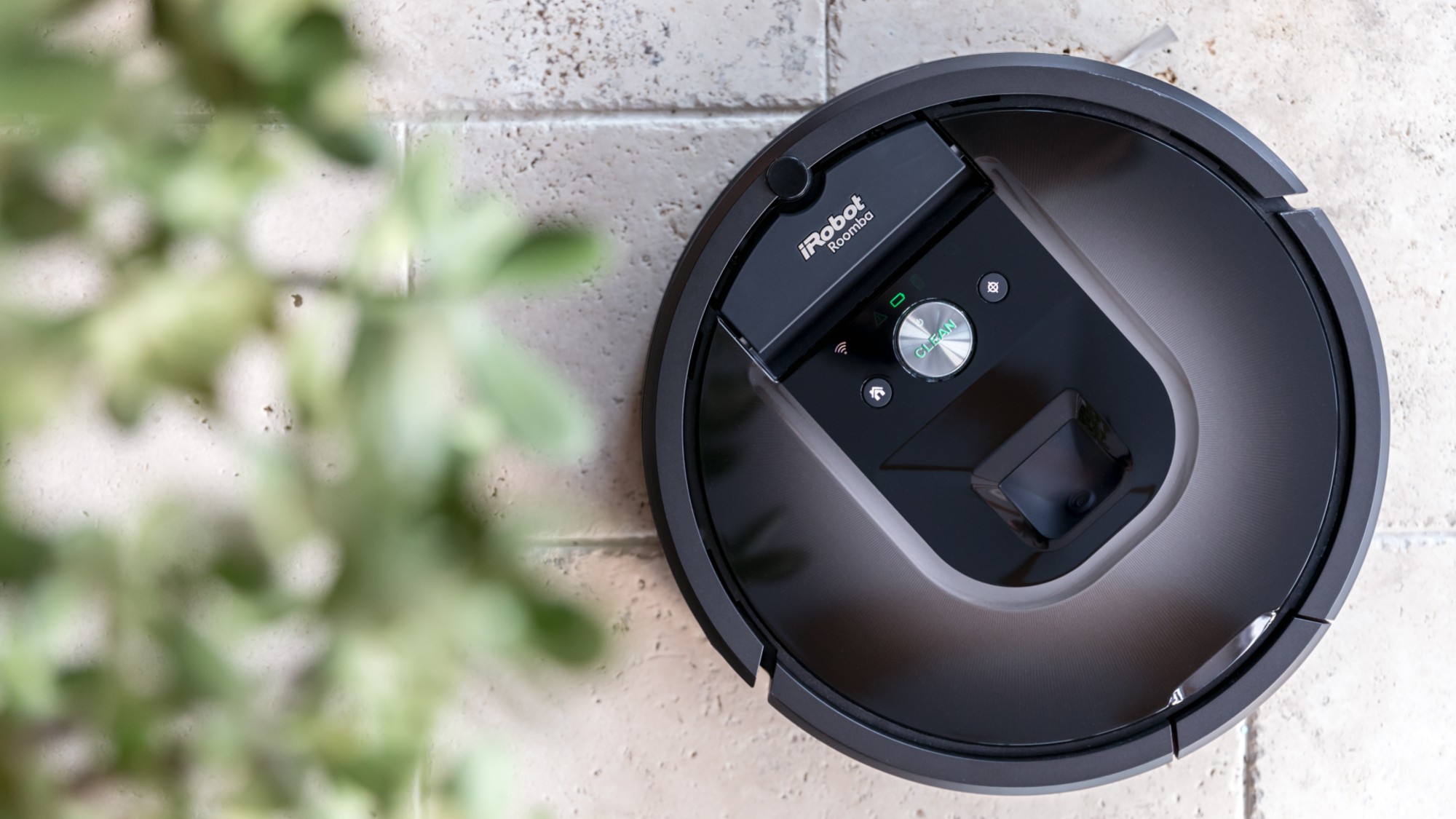What's dark data and why is it bad for the environment?
Data is being used and discarded, but still clogging servers


A free daily email with the biggest news stories of the day – and the best features from TheWeek.com
You are now subscribed
Your newsletter sign-up was successful
In a world of rapidly growing technology, data storing plays an important role in the lives of people and companies. "Data" can refer to anything from business information to photos taken on a cell phone. The problem: Much of this stored data is used only once before retreating to the archives, where it continues to take up space and resources.
What is dark data?
Dark data is digital data that is used once and then never again. "This could be your multiple near-identical images held on Google Photos or iCloud, a business's outdated spreadsheets that will never be used again, or data from the internet," including data from social media posts and memes, said Ian Hodgkinson and Tom Jackson, professors at Loughborough University who authored a policy briefing on the environmental impact of dark data, in a piece for The Conversation. "This accumulation requires extensive energy resources, meaning that data centers may consume more electricity than countries like the U.K."
Research has shown that close to 70% of data companies have dark data. People accumulate it in their everyday lives as well. "One picture isn't going to make a drastic impact. But of course, if you maybe go into your own phone and you look at all the legacy pictures that you have, cumulatively, that creates quite a big impression in terms of energy consumption," Hodgkinson said to The Guardian.
The Week
Escape your echo chamber. Get the facts behind the news, plus analysis from multiple perspectives.

Sign up for The Week's Free Newsletters
From our morning news briefing to a weekly Good News Newsletter, get the best of The Week delivered directly to your inbox.
From our morning news briefing to a weekly Good News Newsletter, get the best of The Week delivered directly to your inbox.
This data comes at a price. "When we're storing things in the cloud, we think about the white fluffy cloud, but the reality is, these data centers are incredibly hot, incredibly noisy, they consume a large amount of energy," said Hodgkinson. This translates to a significant carbon footprint.
Why is it bad for the environment?
Storing data requires an exorbitant amount of energy. The International Energy Agency predicts that data centers will require 1,000 terawatt hours of energy in 2026, which is roughly equivalent to the electricity consumption of Japan. "What governments have failed to look at so far is the carbon footprint of digitalization," Jackson said to Energy Monitor. "It is like the iceberg analogy: There are big polluters now that are at the top of the iceberg, but hidden beneath the surface are some big issues we are just not seeing yet."
Estimates of companies' greenhouse gas emissions are likely also being underrepresented. "In the drive towards net zero, many organizations are trying to reduce their carbon footprints," said The Conversation piece. "Guidance has generally centered on reducing traditional sources of carbon production through mechanisms such as carbon offsetting via third parties." Many companies are additionally not aware of the amount of emissions resulting from their data usage. "One thing a company can do is start looking at the process of how data is coming in and is reproduced, who is using that data, how much is stored and what the value of that data is to the business," Jackson said.
The build-up of dark data is an indication of inefficiency within the digital systems. "We are moving on to a society where we have 'plastic knowledge,'" said Jackson. "We go to a search engine, we roughly figure out what we wanted to know or how to do something, and then we discard that information. So, it is kind of like a plastic bag that you use once and then throw away." Addressing these inefficiencies and adding systems where knowledge can be shared rather than allowing data to be built up can also help decarbonize the world. This can even be done at an individual level, if you avoid "reply all" emails and delete duplicate photos.
A free daily email with the biggest news stories of the day – and the best features from TheWeek.com
Devika Rao has worked as a staff writer at The Week since 2022, covering science, the environment, climate and business. She previously worked as a policy associate for a nonprofit organization advocating for environmental action from a business perspective.
-
 Samurai: a ‘blockbuster’ display of Japanese heritage
Samurai: a ‘blockbuster’ display of Japanese heritageThe Week Recommends British Museum show offers a ‘scintillating journey’ through ‘a world of gore, power and artistic beauty’
-
 BMW iX3: a ‘revolution’ for the German car brand
BMW iX3: a ‘revolution’ for the German car brandThe Week Recommends The electric SUV promises a ‘great balance between ride comfort and driving fun’
-
 Munich Security Conference: a showdown between Europe and Trump?
Munich Security Conference: a showdown between Europe and Trump?Today’s Big Question Report suggests European leaders believe they can no longer rely on the US for military support – but decoupling is easier said than done
-
 Can Europe regain its digital sovereignty?
Can Europe regain its digital sovereignty?Today’s Big Question EU is trying to reduce reliance on US Big Tech and cloud computing in face of hostile Donald Trump, but lack of comparable alternatives remains a worry
-
 Claude Code: Anthropic’s wildly popular AI coding app
Claude Code: Anthropic’s wildly popular AI coding appThe Explainer Engineers and noncoders alike are helping the app go viral
-
 TikTok finalizes deal creating US version
TikTok finalizes deal creating US versionSpeed Read The deal comes after tense back-and-forth negotiations
-
 Most data centers are being built in the wrong climate
Most data centers are being built in the wrong climateThe explainer Data centers require substantial water and energy. But certain locations are more strained than others, mainly due to rising temperatures.
-
 Data centers could soon be orbiting in space
Data centers could soon be orbiting in spaceUnder the radar The AI revolution is going cosmic
-
 What is Roomba’s legacy after iRobot bankruptcy?
What is Roomba’s legacy after iRobot bankruptcy?In the Spotlight Tariffs and cheaper rivals have displaced the innovative robot company
-
 AI griefbots create a computerized afterlife
AI griefbots create a computerized afterlifeUnder the Radar Some say the machines help people mourn; others are skeptical
-
 The robot revolution
The robot revolutionFeature Advances in tech and AI are producing android machine workers. What will that mean for humans?
